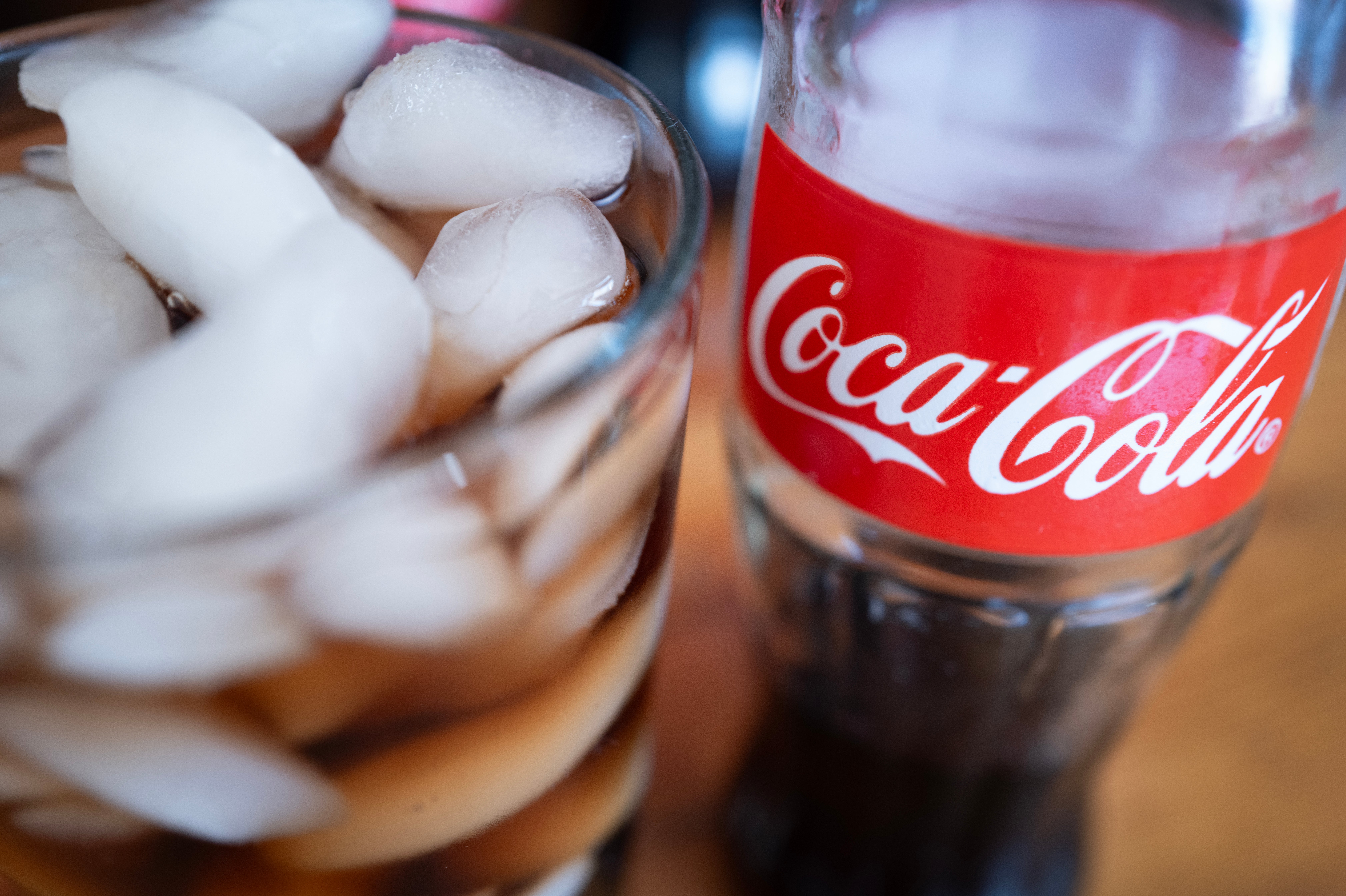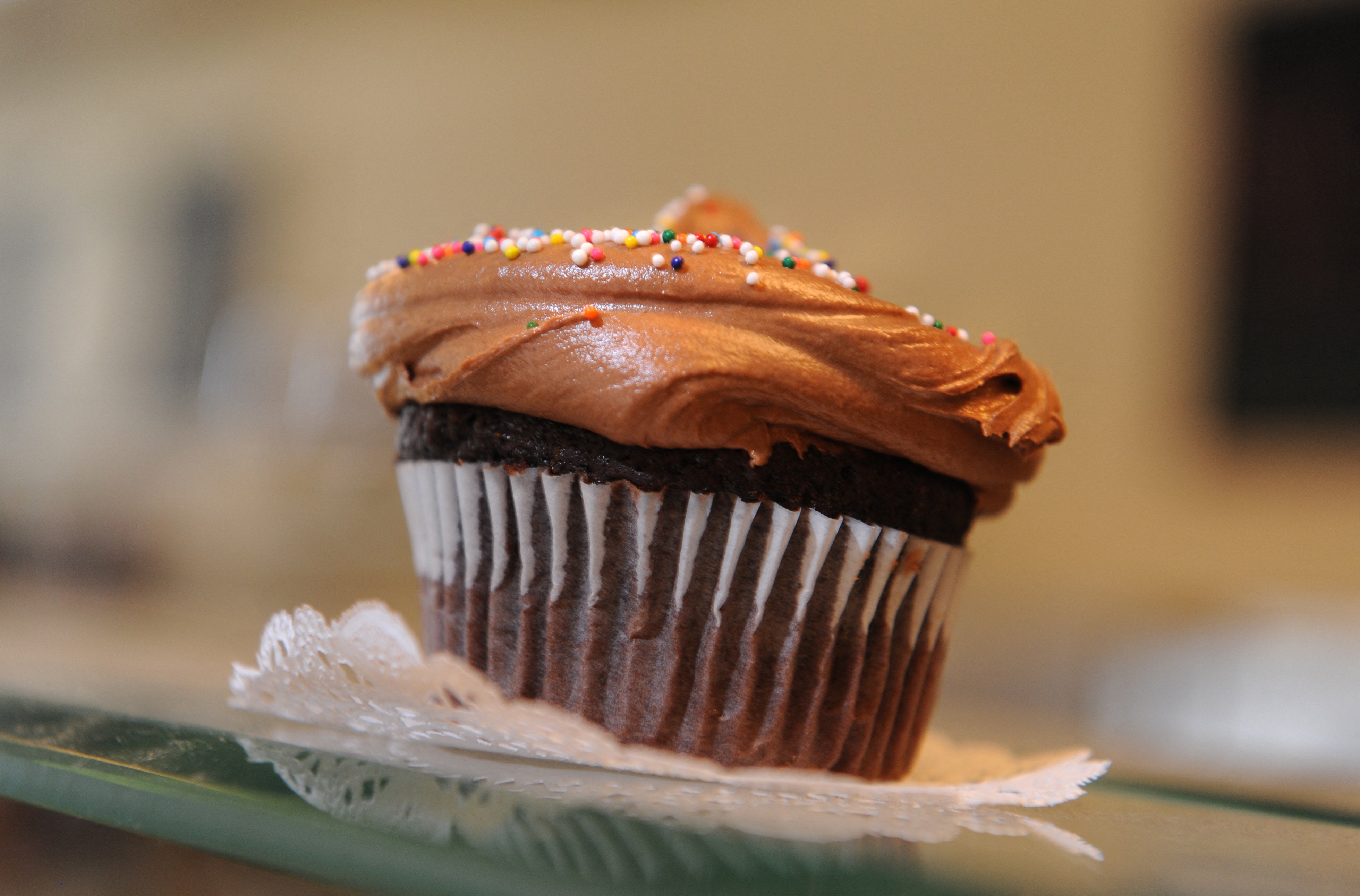Could cracking open a can of soda be worse for you than unwrapping a candy bar?
Researchers at Utah’s Brigham Young University and institutions in Germany say that drinking your sugar could have a greater negative impact than eating it.
They found that drinking sugar was consistently linked to a higher risk of developing type 2 diabetes. Of the 38 million Americans with diabetes, between 90 and 95 percent have type 2. Other sugar sources have a lower risk.
“This is the first study to draw clear dose-response relationships between different sugar sources and type 2 diabetes risk,” BYU nutritional science professor Karen Della Corte said in a statement. “It highlights why drinking your sugar — whether from soda or juice — is more problematic for health than eating it.”
Della Corte was the lead author of the research which was recently published in the journal Advances in Nutrition.

The reason for this difference may be linked to metabolic effects. The sweetened beverages contain what are known as isolated sugars, or sugars extracted from fruits and other sources and then added to processed foods. Added sugars are found in energy drinks, lemonade, sports drinks, soda, breads, cereals, yogurt, canned food, and other products.
Because of that, there is a greater glycemic impact — an impact on blood sugar — that would overwhelm and disrupt metabolism in the liver, increasing liver fat and resistance to insulin. Insulin is the hormone that helps regulate blood sugar levels, and injections are often given to people with diabetes who need it to help their blood sugar levels in a normal range.
Whereas, dietary sugars in nutrient-rich foods including fruits and whole grains do not cause metabolic overload in the liver. Instead, they lead to slower responses due to the accompanying fiber, fats, proteins and other beneficial nutrients.
To reach these conclusions, the researchers studied data from over half a million people across multiple continents. An analysis of that data found that each addition 12-ounce serving of soda and other sugar-sweetened beverages a day increased the risk for type 2 diabetes by a quarter.

“This strong relationship showed that the increased relative risk began from the very first daily serving with no minimum threshold below which intake appeared to be safe,” the authors said.
Furthermore, each additional eight-ounce serving of fruit juice per day led to a 5 percent increased relative risk.
However, 20 grams in the same time frame of table sugar and total sugar showed an inverse effect. Generally, a high sugar intake is linked to an increased risk of obesity, type 2 diabetes, cardiovascular disease and cancer. But, sugar helps to provide the body with energy and has an “important role in nutrition,” according to Harvard Medical School.”
“This study underscores the need for even more stringent recommendations for liquid sugars such as those in sugar-sweetened beverages and fruit juice, as they appear to harmfully associate with metabolic health,” Della Corte said. “Rather than condemning all added sugars, future dietary guidelines might consider the differential effects of sugar based on its source and form.”
#Drinking #soda #worse #eating #candy #bar #researchers #find



